"If in doubt, leave it out."
That's the advice from environmental group Planet Ark when it comes to recycling.
One of their past studies found that while 90 per cent of Australians believed recycling was the right thing to do, misconceptions still existed about exactly what items can be recycled.
"Putting the wrong thing in the wrong bin can ruin your good recycling efforts," it said.
SBS News spoke to Planet Ark's senior recycling programs coordinator Claire Bell this week about how Australians are sometimes getting their recycling wrong.
Ms Bell said contamination - or the presence of non-recyclables - is a "huge issue".
"Most material recovery facilities are set up to process and sort specific materials, generally plastic containers, metal containers, glass bottles and jars, paper and cardboard," she said.
"The technology used is specific to sorting these material streams. Anything outside of these materials is either a hazard, damages equipment or contaminates loads."
She said that recyclers have certain contamination thresholds and "if [a] load is contaminated with non-recyclables, these recyclers will not accept it and it will be landfilled".
With that in mind, here are Ms Bell's top five recycling mistakes.
Plastic bags
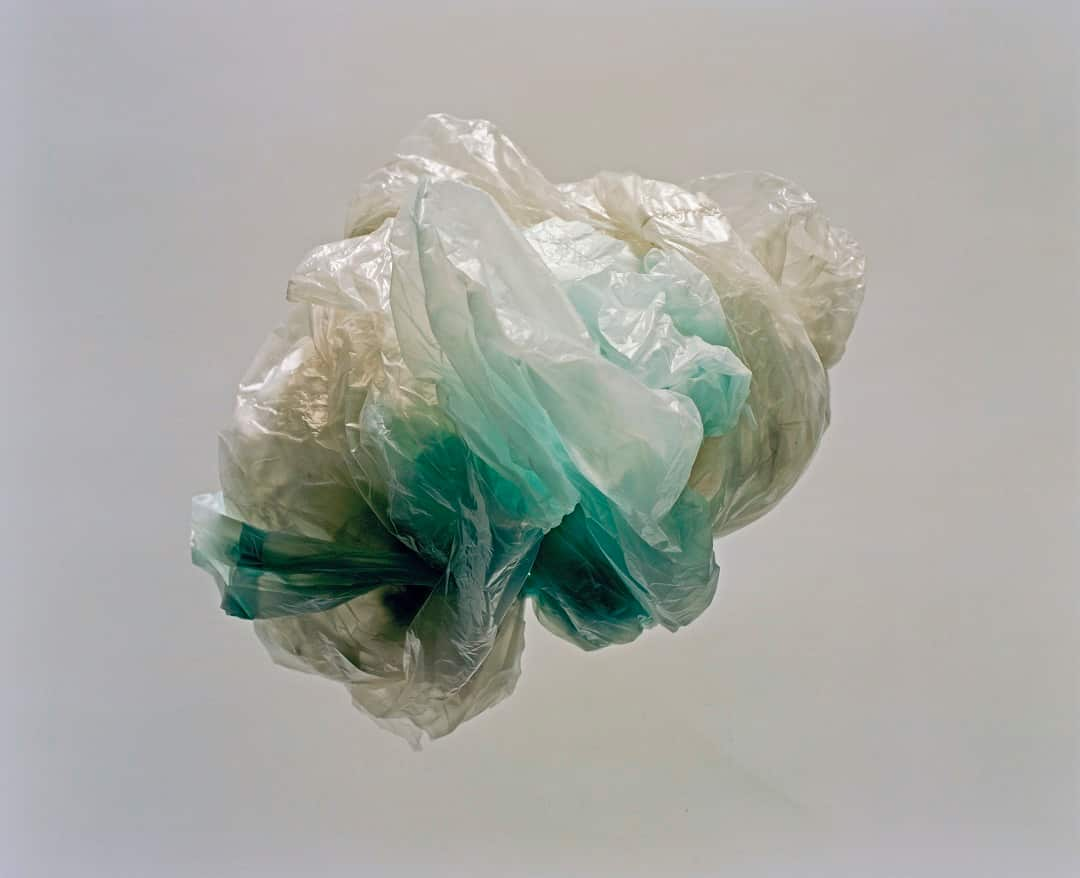
Plastic bags and other soft plastics should be kept out of the kerbside recycling bin (with the exception of a handful of councils in Australia which do accept them).
But do one or two stray plastic bags in the recycling really matter?
Yes, said Ms Bell: "Sorting facilities aren't designed to handle plastic bags. These get caught in the machines and prevent them from working".
And, Ms Bell said, if you put your recyclables in a plastic bag, usually "the facility workers will remove [it] by hand and the whole bag and contents will go in the general waste".
Although that doesn't mean that plastic bags should end up with the regular trash. Plastic bags and other soft plastics such as bread bags and confectionary bags can be recycled in a REDcycle bin, which are located at participating supermarkets.
Crockery and glassware
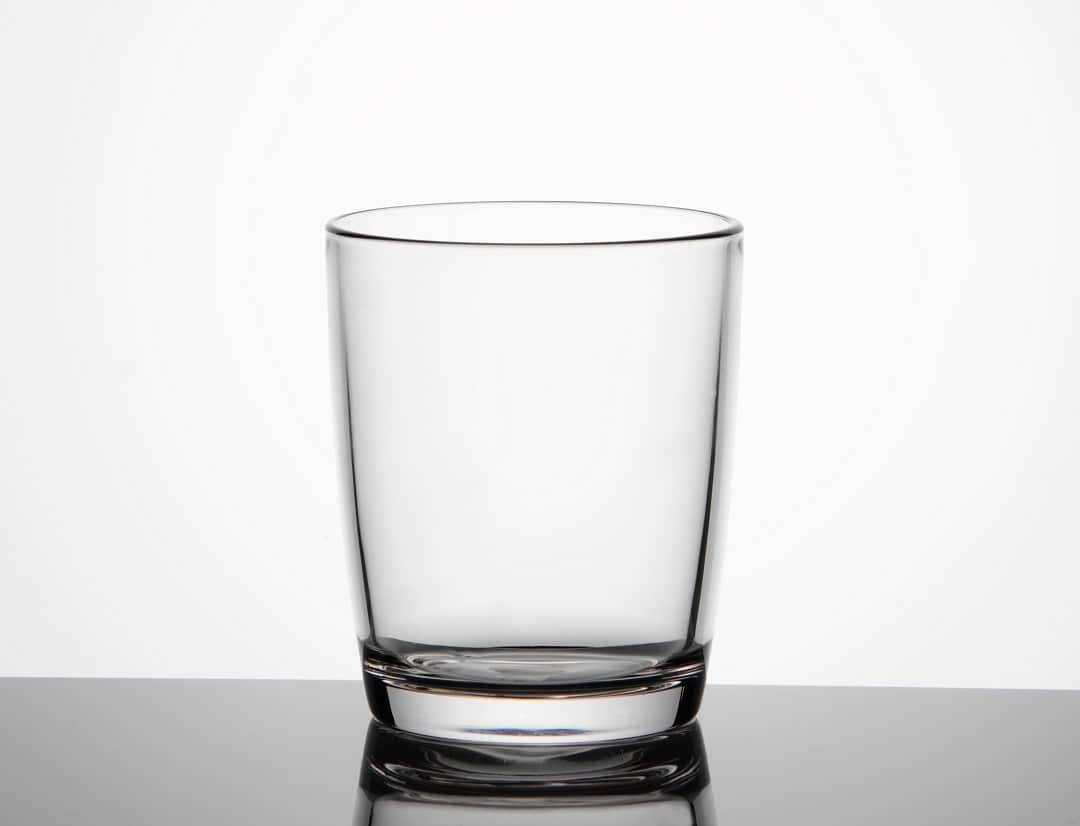
While broken glasses, plates and ovenware may seem recyclable, they're not.
"Glassware melts at a different temperature to glass bottles and jars and will contaminate a load. Crockery is currently not recyclable and cannot be processed and could therefore contaminate a load of recyclable glass if put in the recycling bin," Ms Bell said.
E-waste
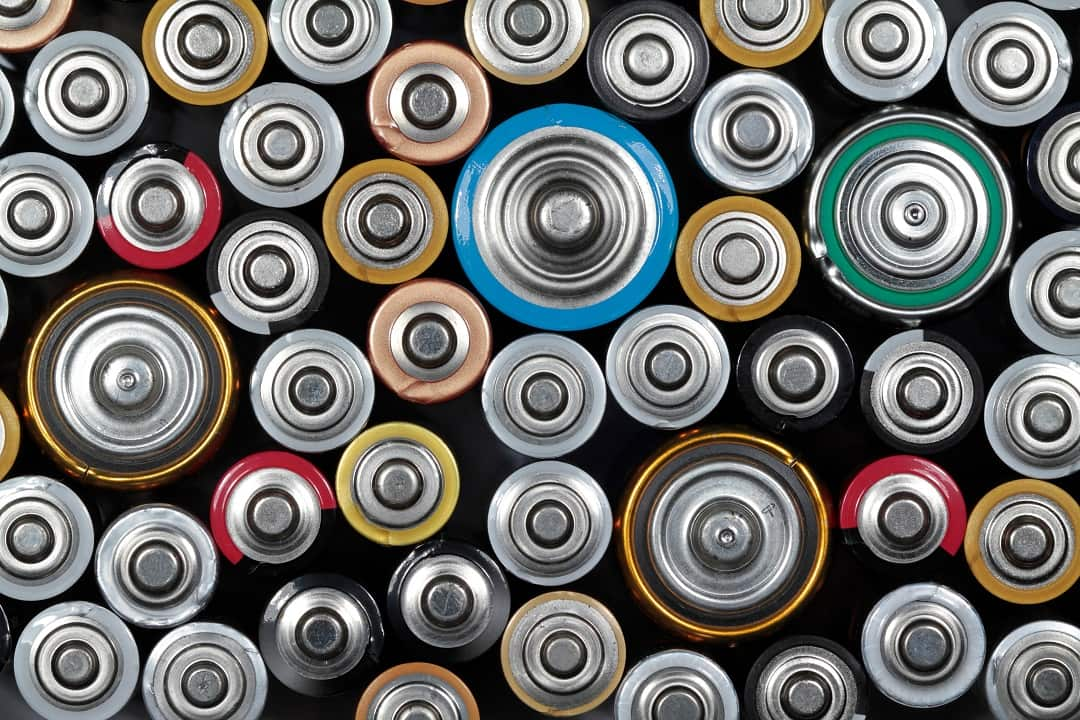
Batteries, mobile phones and printer cartridges not only contaminate recycling streams, but can actually be a health hazard at sorting facilities.
However, e-waste can be recycled through specialist programs such as Cartridges 4 Planet Ark or a battery recycling drop-off.
Polystyrene
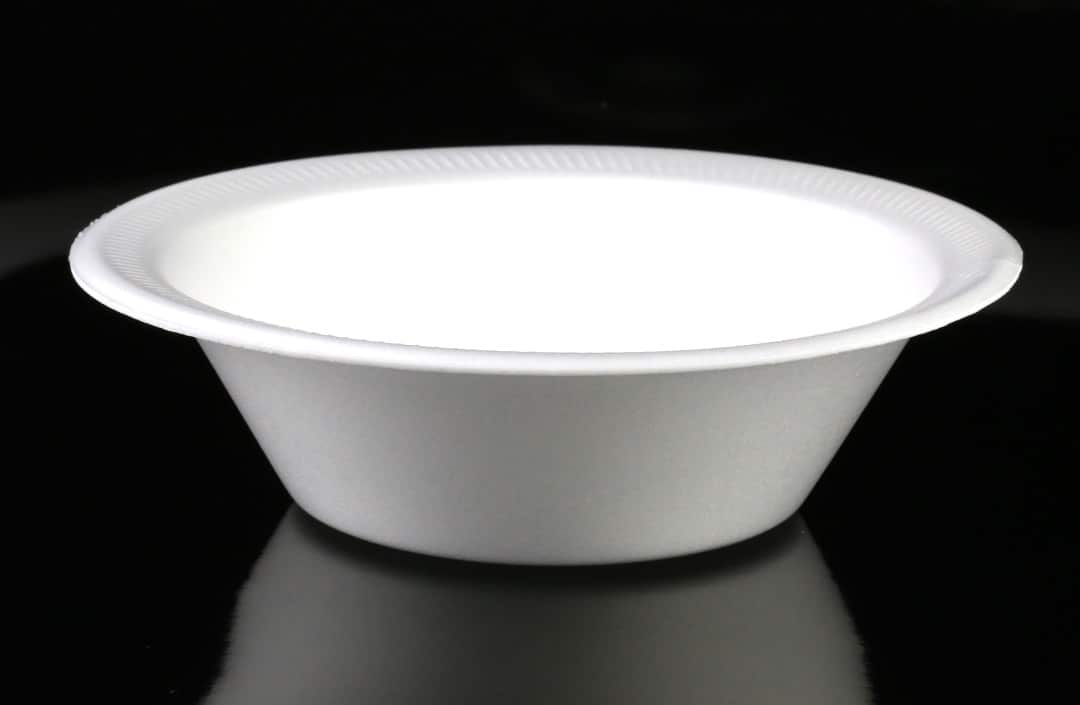
With the exception of "one or two" councils, this item should be kept out of kerbside recycling.
"Sorting facilities aren't equipped to deal with this material. It can contaminate the paper recycling stream. Small polystyrene beads and pellets are too small to process and again contaminate other recycling streams," Ms Bell said.
Nappies
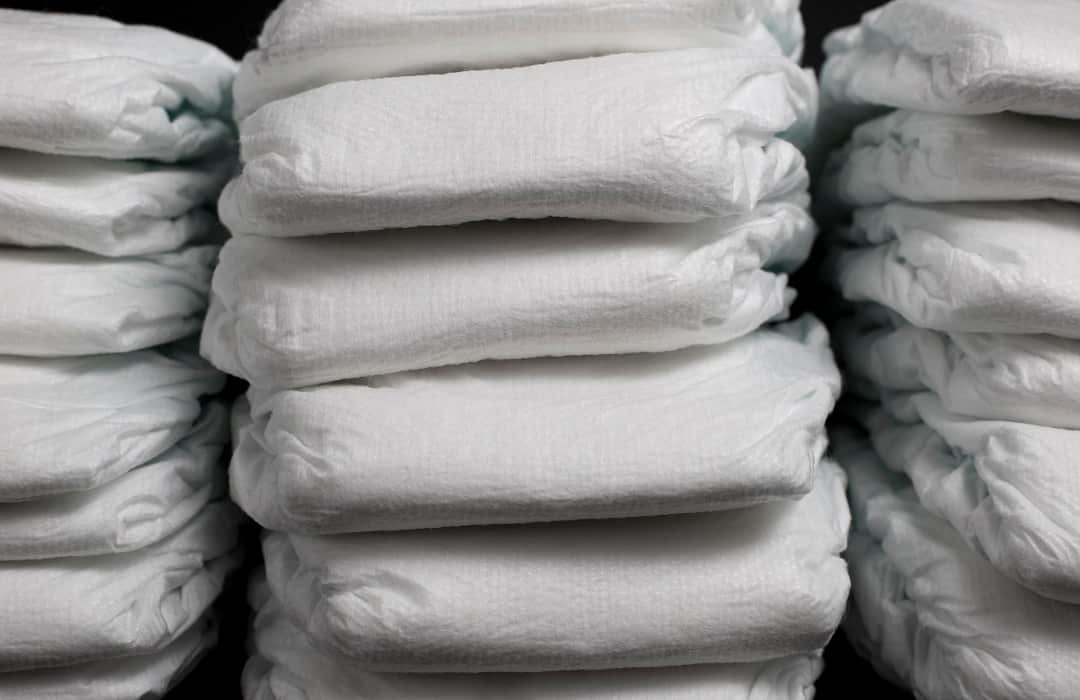
"A surprising number [of nappies] get put into recycling bins," Ms Bell told SBS News.
"They cannot be processed and are a hazardous material. Anything that is made of composite materials cannot be processed, like Pringle tubes. The technology used cannot break the item down into its component materials."
More information can be found at: recyclingnearyou.com.au and businessrecycling.com.au

